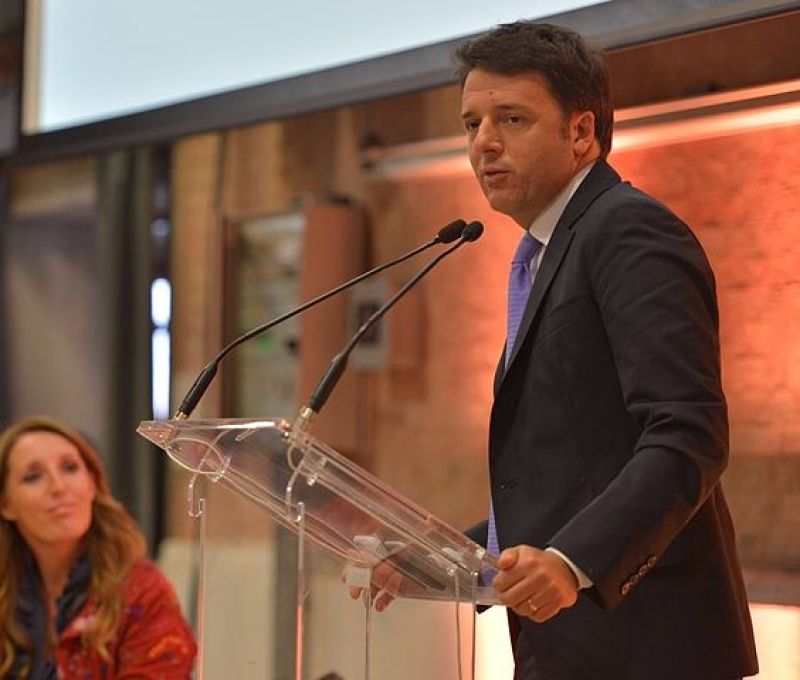
Italian Prime Minister Matteo Renzi resigned on Monday after the referendum on constitutional reform by the government was defeated by residents by a majority of 59 percent votes.
President Sergio Mattarella held a meeting with Renzi at the presidential palace and advised him to not step down until the new budget was passed so that emergency funding rules would not automatically apply from January 1.
However now that Renzi has resigned, the president will consult with the nation's political parties to decide on the next steps to steer the country towards stabilization. A caretaker government is expected to be formed to handle matters relating to governance and banking reforms.
"We tried, we gave Italians a chance to change, but we didn't make it," said Renzi. "We wanted to win, not to take part in the competition."
Supporters of the referendum say that the changes in rules were necessary to streamline governance in Italy.
But critics said that the new rule was designed to reduce the powers of upper house Senate and provinces.
Analysts examined the various social, economic and political factors behind the results of the referendum.
"The win goes beyond anti-establishment sentiment - though that's a big part of it," explained James Newall, expert in Italian politics and professor at the UK's University of Salford. "Some people voted on the specific proposals, others as a protest against social and economic malaise, and crucially some voted against Renzi because he framed it as a referendum on his performance."
Now when the constitutional reforms are rejected, the country is likely to retain a system where parties other than in majority also have a say in the governing process, such that the coalition government is hardly able to legislate radical reforms.
Also, the new caretaker government will be short lived, which implies that major changes in economic policies are not likely to be introduced in 2017.
"Italy's trinity of economic problems-lack of growth, high government debt and bank (nonperforming loans)-will unlikely to be tackled," wrote analysts at ABN Amro.
The European stock market and euro fell initially after the results of the referendum were declared, but the market reactions were not observed to be drastic overall.



















